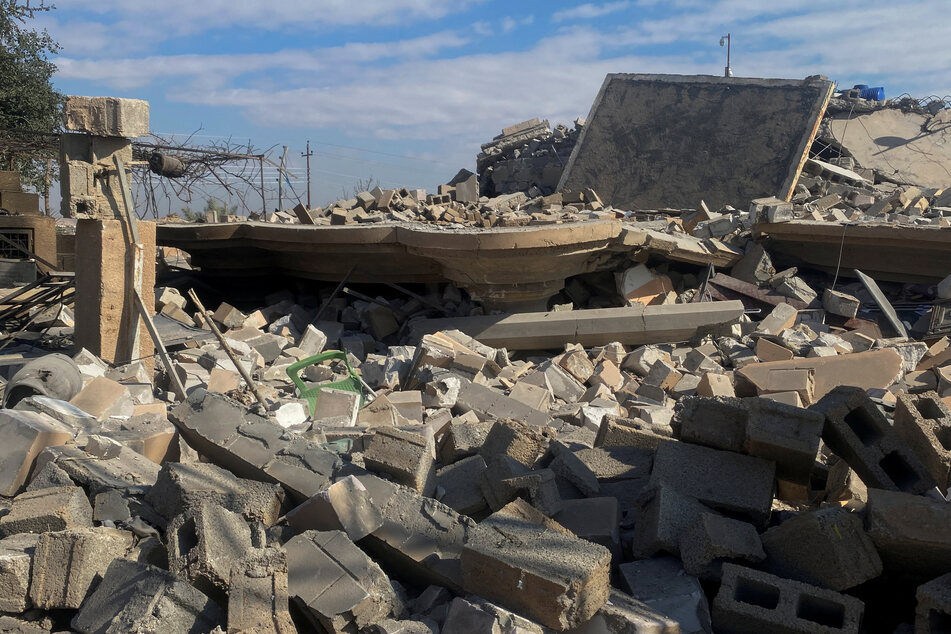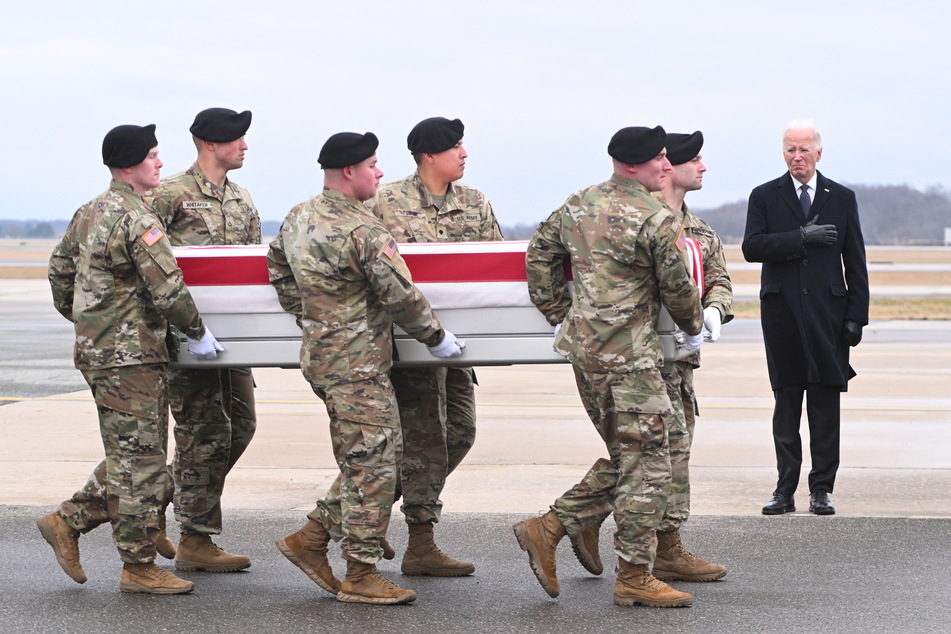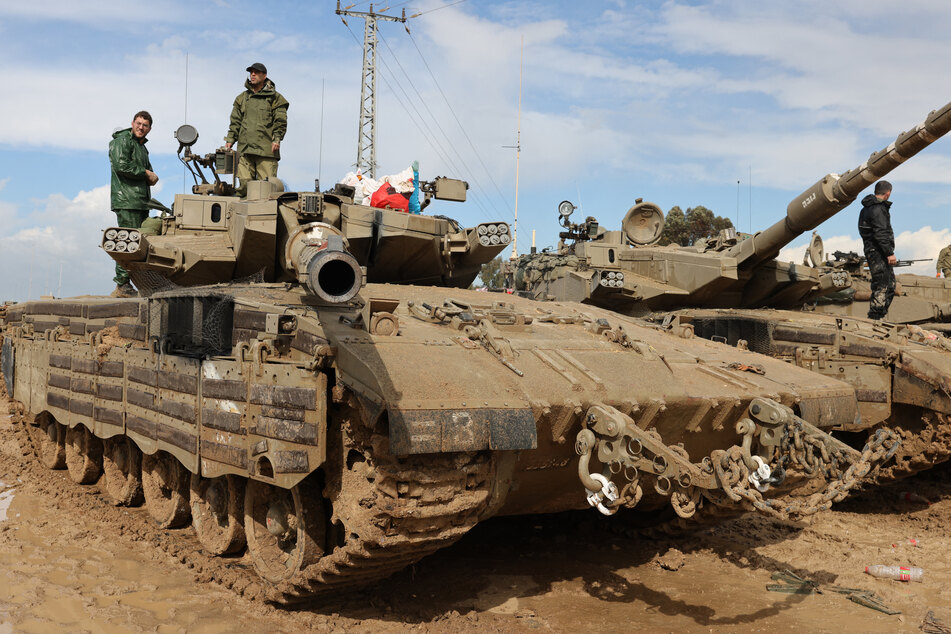US bombs dozens of targets in Iraq and Syria in escalation that may have "disastrous consequences"
Washington DC - The US on Friday carried out strikes against Iran-affiliated forces in Iraq and Syria in retaliation over a drone attack that killed three US soldiers in Jordan.

The US military said the airstrikes hit more than 85 targets inside Iraq and Syria targeting both the elite Quds force of Iran's Revolutionary Guards and affiliated militia groups.
The Syrian Observatory for Human Rights war monitor said at least 18 people were killed in the strikes in eastern Syria.
Observatory chief Rami Abdel Rahman said that at least 26 major sites housing pro-Iranian groups were destroyed, including weapons depots.
President Joe Biden did not order strikes inside Iran, as advocated by some of his Republican rivals, and did not appear to be targeting individual Iranians, as his predecessor Donald Trump did in 2020 when he ordered the assassination in Baghdad of Quds commander Qasem Soleimani.
Biden said the US "does not seek conflict" in the Middle East, despite the massive escalation.
A spokesperson for Iraqi Prime Minister Mohammed Shia' Al Sudani made it clear that this view is not shared in the region, saying: "These airstrikes constitute a violation of Iraqi sovereignty, undermine the efforts of the Iraqi government, and pose a threat that could lead Iraq and the region into disastrous consequences."
What is the US responding to?

The strikes came hours after Biden, who faces a tough reelection fight in November, paid respects and met families as the bodies of three US soldiers were returned.
The soldiers were killed last Sunday and dozens others were injured when a drone packed with explosives hit the remote Tower 22 base in Jordan near the border with Syria, where some 350 US troops are deployed as part of the campaign against the Islamic State.
The White House blamed the attack on the Islamic Resistance in Iraq, a loose alliance of pro-Iran fighters who have sought to push US forces out of Iraq.
Sanctions against Iran's Revolutionary Guard were also levied on Friday due to the soldiers' deaths.
US and coalition forces have been attacked at least 165 times since mid-October, according to a US official.
Sunday's strike was the first that caused US deaths from hostile fire, however, amid reports of confusion as a US drone was returning to the base at the same time.
How did it come to this?

Tensions have soared since fighters from Hamas, which receives support from Iran, launched an unprecedented attack on October 7 inside Israel, which has responded with a relentless bombardment of Gaza.
Biden has so far refused any attempt to reign the Israeli assault, which is widely seen as the root cause of the spiraling situation.
Meanwhile, Lebanon's Hezbollah – the most powerful non-state actor in the region – has been seen as fairly restrained.
But it is not the first time the US has turned to military action in the conflict.
The Houthis, the Yemeni group that controls much of the country, have launched a wave of attacks on commercial shipping in the vital Red Sea in solidarity with Palestinians in Gaza.
After repeated warnings failed to deter the Houthis, the US and Britain have led airstrikes against Houthi targets inside Yemen.
Will the conflict continue?
Biden said that the response will "continue at times and places of our choosing," with Defense Secretary Lloyd Austin saying the president "has directed additional actions" to hold the Revolutionary Guards and affiliated militias accountable.
A prominent pro-Iran group in Iraq called Kataeb Hezbollah said Tuesday it would halt its attacks on US troops, but US officials said they would go ahead with retaliation and judge the militants by actions rather than words.
As the Palestinian death toll in Gaza grows day by day, and with the number of actors involved in the conflict increasing, the danger of an all-out regional war is increasing.
Cover photo: REUTERS

